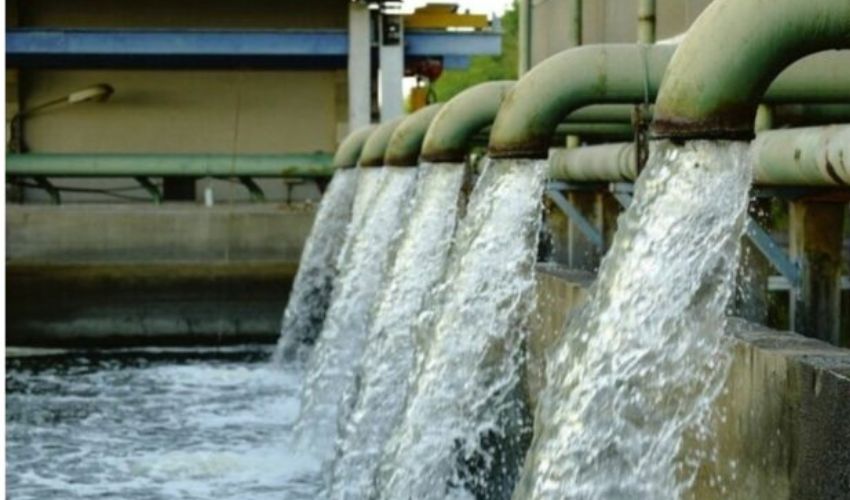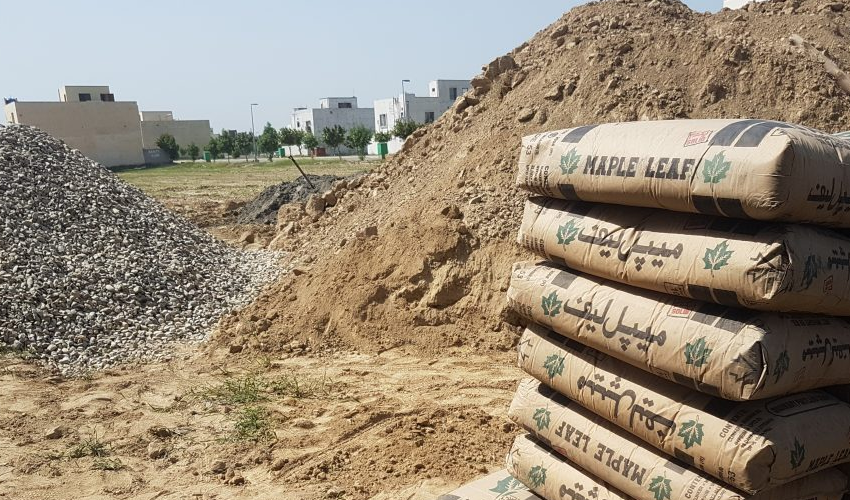Pakistan is facing a growing crisis in its underground water reserves, with fears of a further decrease in water levels across the country, according to a recent document released by the Pakistan Council for Research on Water Resources (PCRWR).
The report revealed that the country’s underground water has declined by over 5.66% over the past eight years, sparking concerns over future water scarcity.
The PCRWR document detailed the extent of groundwater depletion across various provinces. Punjab, the largest province, has experienced a significant reduction in its underground water reserves, with 22.84% of the region now completely deprived of groundwater. Additionally, 36.17% of Punjab is nearing a critical point where its underground water could be entirely depleted.
The report highlighted specific reductions in water levels at various depths. For groundwater at a depth of up to five feet, Punjab saw a 3.2% reduction, leaving only 0.48% of reserves remaining. The water reserves between five and 10 feet saw a more substantial decrease, with a 10.94% drop, while water at depths between 10 and 20 feet decreased by 2%, now standing at 34.07%.
Khyber Pakhtunkhwa (KP) is also facing a significant water shortage, with 32.96% of the province having already lost its underground water supply. Alarmingly, 41.94% of KP is nearing the end of its underground water reserves.
In contrast, Sindh and Balochistan have seen less drastic depletion. Only 0.03% of these provinces have completely lost their underground water, but 0.39% is close to exhaustion. Groundwater levels at a depth of up to five feet have remained relatively stable at 1.23%. However, reserves between five and 10 feet stand at a critical 65.54%, while water at depths of 10 to 20 feet has increased slightly to 32.72%.
The PCRWR report underscores the urgent need for sustainable water management practices to address the rapidly declining water reserves.



























